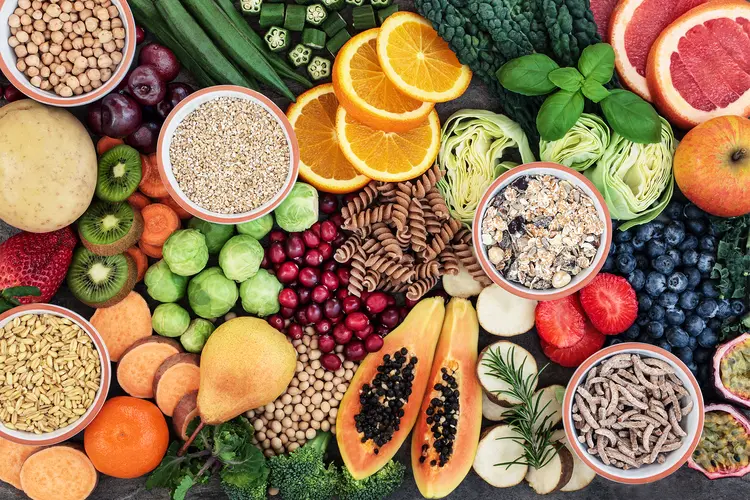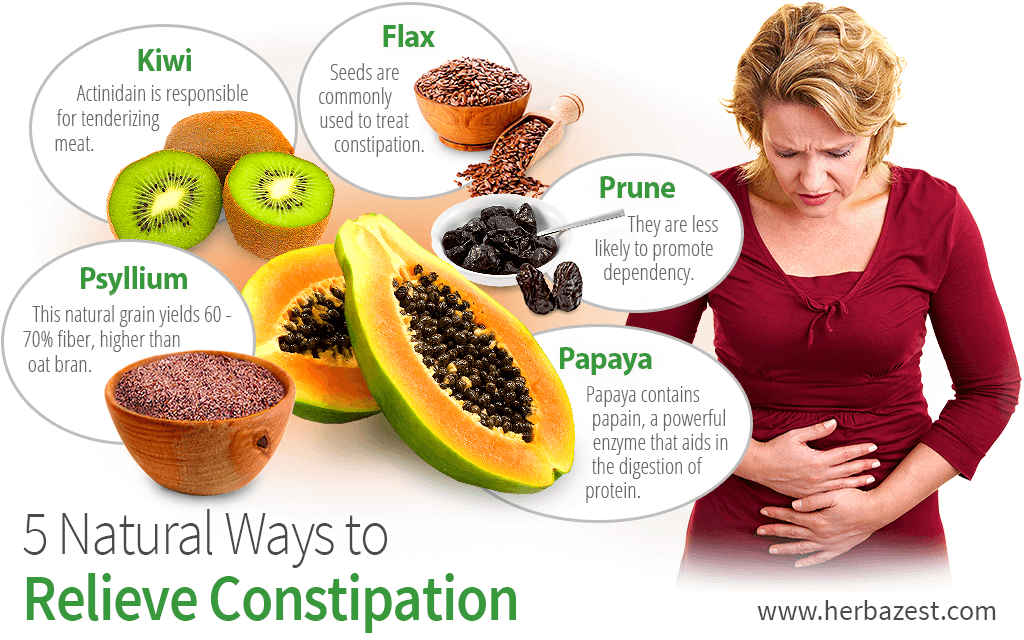Constipation often results from poor food choices, dehydration, and lack of dietary fiber. Simple diet changes to reduce constipation can improve digestion and bowel health. Increasing fiber intake, drinking more water, and adding probiotic foods help the gut function properly. A balanced diet with fresh fruits, vegetables, and whole grains ensures smooth bowel movement. People who eat processed food or ignore hydration may struggle with irregularity. Adjusting daily eating habits makes a big difference. In this guide, we explore practical tips on hydration, high-fiber foods, and smart lifestyle habits to prevent constipation naturally.

Understanding Constipation
Constipation means fewer than three bowel movements per week with hard stools. Low fiber intake, lack of hydration, and eating too many processed foods make the problem worse. Stress and inactivity also slow down digestion. Knowing the root causes helps you choose the right diet. Since the colon absorbs too much water from stool when you don’t drink enough water, bowel movements become harder. Making smart food and lifestyle changes is the first step toward solving constipation naturally.
Importance of Fiber
A diet rich in fiber is the most effective way to ease constipation. There are two types: soluble fiber (found in oats, beans, and apples) absorbs water and softens stool, while insoluble fiber (found in whole grains, nuts, and leafy vegetables) adds bulk and speeds bowel movements. Adults should aim for at least 25–30 grams of fiber per day. Eating more fruits, vegetables, and legumes makes stools softer and easier to pass. Start slowly to prevent bloating and drink enough water to support fiber’s function. Combining both types of fiber ensures healthy digestion and prevents constipation from recurring.
Hydration and Fluids
Drinking enough water supports the role of fiber in digestion. Dehydration is one of the most common causes of constipation. Aim for 8–10 glasses daily, but adjust based on your activity and climate. Herbal teas, warm lemon water, and clear broths also improve hydration. Avoid excessive caffeine and alcohol, which dry out the body and worsen constipation. Starting your morning with a glass of warm water can stimulate bowel movement. Consistent hydration helps stool stay soft and reduces straining during bowel movements, making it a key part of natural constipation relief.

Probiotic and Prebiotic Foods
Gut health improves when you include probiotic foods like yogurt, kefir, kimchi, and sauerkraut. These foods balance gut bacteria and promote regular bowel function. Along with probiotics, prebiotic foods such as bananas, garlic, and onions act as fuel for healthy bacteria. A diet that combines both probiotics and prebiotics supports smoother digestion and prevents constipation. Daily intake of these foods ensures a healthier gut environment. Unlike chemical laxatives, probiotics provide long-term relief by correcting gut imbalance and improving nutrient absorption while maintaining regular bowel health.
Limiting Processed Foods
Processed foods often lack fiber and contain excess sugar, salt, and unhealthy fats that slow digestion. Packaged snacks, refined flour products, and fast food increase constipation risk. Replace these with whole grains, fresh vegetables, and natural snacks like nuts or seeds. Reducing red meat and fried food also helps improve bowel movement. Cooking meals at home with fresh ingredients allows you to control fiber intake. Cutting down on heavily processed meals is one of the simplest ways to restore digestive balance naturally.
Lifestyle Support with Diet
Food works best with good lifestyle habits. Regular physical activity stimulates bowel movement by improving gut motility. Eating meals at the same time daily trains the digestive system. Small habits like chewing food slowly and adding more plant-based meals make digestion easier. A daily routine with balanced meals, exercise, and enough sleep supports the impact of diet changes. Combining smart eating with movement ensures constipation relief and long-term digestive health.
Conclusion
Constipation often improves with simple diet changes. Eating more fiber-rich foods, drinking enough water, and adding probiotic foods bring lasting relief. Avoiding processed foods and maintaining good habits support gut health. Instead of depending on laxatives, focus on natural methods for regularity. With consistent dietary choices, you can achieve smooth digestion and prevent constipation from disrupting your daily life.
